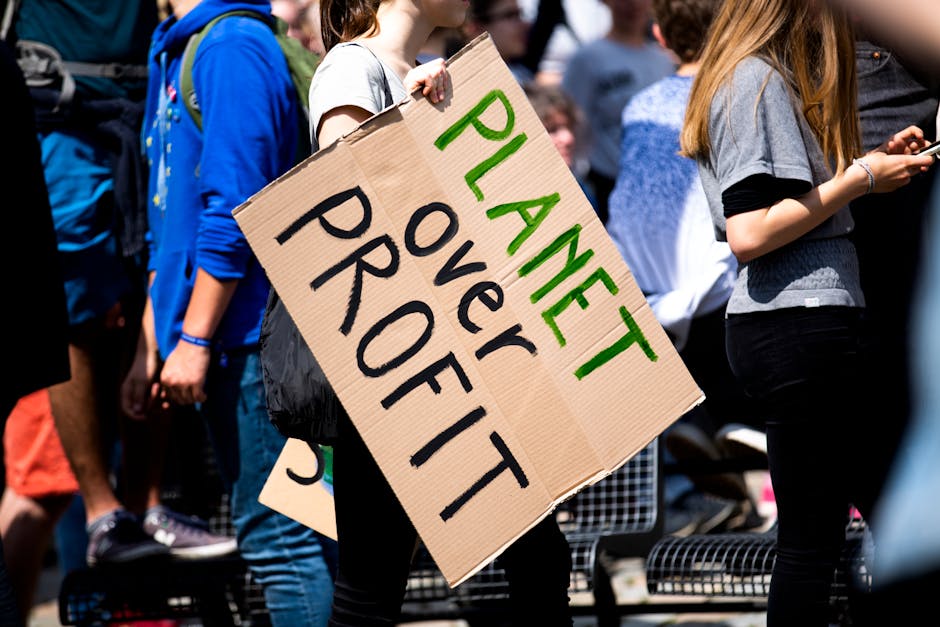Global warming, a term that has become synonymous with environmental degradation, refers to the gradual increase in the Earth's average surface temperature. This increase is primarily attributed to the release of greenhouse gases into the atmosphere, such as carbon dioxide and methane.
The consequences of global warming are far-reaching and severe. Rising temperatures lead to melting ice caps and glaciers, resulting in sea-level rise and increased coastal erosion. Extreme weather events, such as hurricanes, floods, and droughts, are becoming more frequent and intense, causing widespread damage and human displacement.
The impact of global warming is not limited to the physical environment. It also has significant implications for human health. Heatwaves and extreme weather events can lead to heat-related illnesses, respiratory problems, and an increased risk of cardiovascular disease. Changes in temperature and precipitation patterns can affect the distribution of vector-borne diseases, such as malaria and dengue fever.
Moreover, global warming disrupts ecosystems and biodiversity. Changes in temperature and rainfall patterns can alter habitats, leading to the extinction of plant and animal species. Coral reefs, vital marine ecosystems, are particularly vulnerable to rising ocean temperatures and acidification.
The scientific consensus on the reality and severity of global warming is overwhelming. Numerous studies and reports have documented the rising temperatures and the link to human activities. The Intergovernmental Panel on Climate Change (IPCC), the leading international body for assessing climate change science, has consistently concluded that global warming is unequivocal and driven primarily by human emissions of greenhouse gases.
Addressing global warming requires a concerted effort from governments, industries, and individuals. Transitioning to renewable energy sources, reducing our carbon footprint, and promoting energy efficiency are crucial steps to mitigate the effects of climate change. Additionally, adapting to the inevitable consequences of global warming, such as coastal protection and disaster risk reduction, is essential.
The time for action is now. The longer we delay in addressing global warming, the more severe its consequences will become. By working together, we can create a sustainable future for ourselves and generations to come, where the planet's health and the well-being of humanity are not mutually exclusive.

